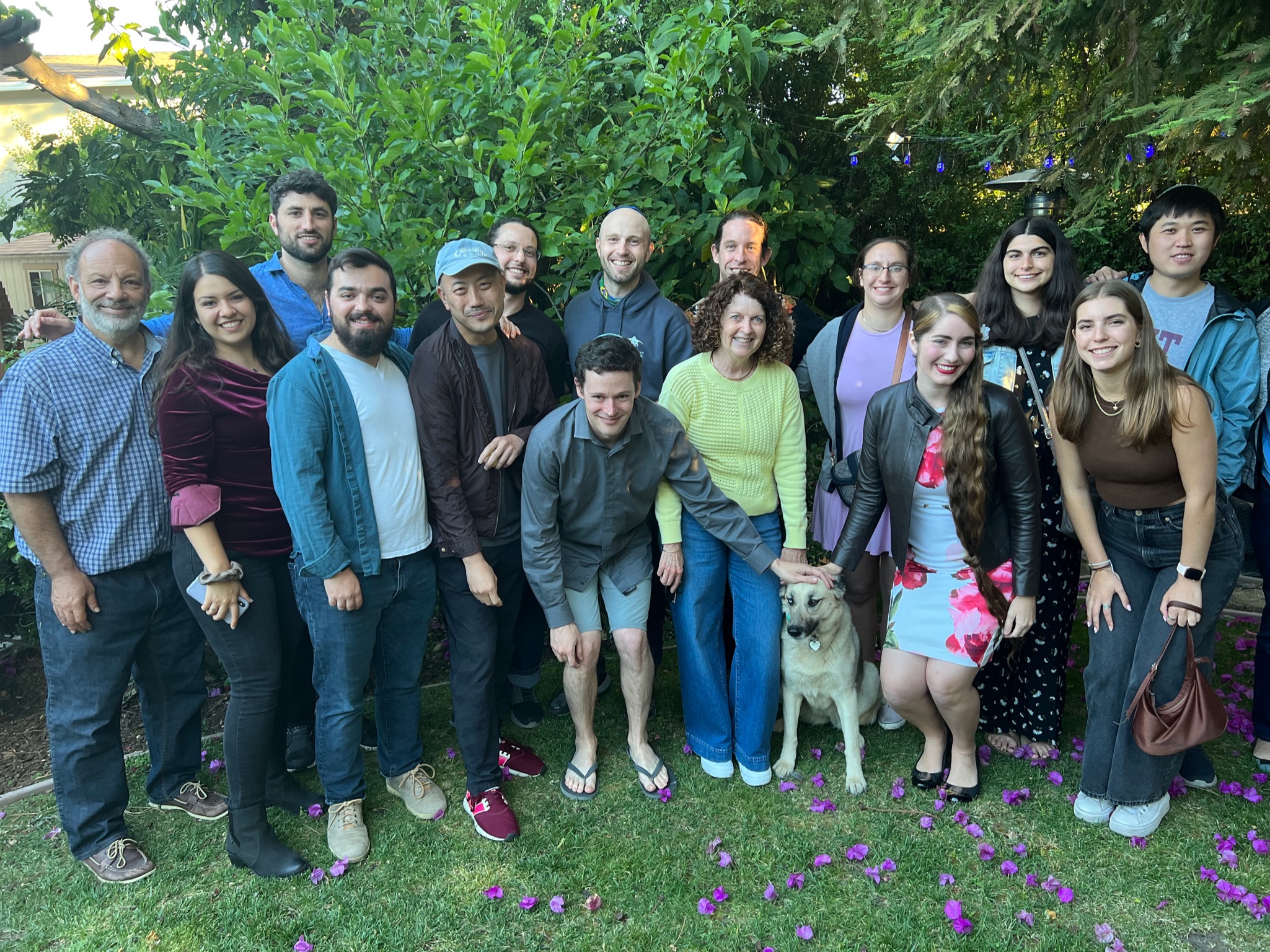By Alex Bolotovsky, CEO of J Leaders
Festival Reading in a Nutshell
On Sukkot, the Torah commands us to dwell in sukkot (temporary huts) for seven days (Leviticus 23:42–43), to rejoice with the Four Species (lulav, etrog, hadas, aravah) (Leviticus 23:40), and to include everyone in the celebration (Deuteronomy 16:14–15). The readings remind us that resilience isn’t about living behind strong walls; it’s about finding strength in vulnerability, joy, and togetherness.
Digging Deeper
1. Resilience in Vulnerability
The sukkah’s thin walls and leafy roof leave us exposed to wind, rain, and starlight. It’s fragile by design. Yet for a week, it becomes home. The sukkah teaches that resilience isn’t about unshakable structures, but about adapting and still finding meaning when the structures are temporary.
2. Resilience in Joy
The Torah doesn’t just suggest joy on Sukkot, it commands it (vesamachta bechagecha, Deut. 16:14–15). Choosing joy, even in uncertain seasons, is a form of resilience. Joy fuels people and communities to endure challenges with energy instead of despair.
3. Resilience in Community
The festival joy isn’t private; it’s shared by “your children, your servants, the Levite, the stranger, the orphan, and the widow” (Deut. 16:14). Real resilience isn’t individual toughness. It’s the collective strength of everyone being included.
Leadership Takeaway
Resilience isn’t pretending your walls are strong. It’s finding strength in humility, choosing joy even when it’s hard, and leaning on community. Strong leaders don’t deny fragility, they turn it into connection and growth.
Weekly Leadership Challenge
- Practice adaptive strength: When something doesn’t go as planned, pause and ask: what can I build from here?
- Choose joy on purpose: Celebrate something small this week. Not because it’s perfect, but because it’s progress.
- Include everyone: Find a way to make someone on the margins feel part of your circle.

